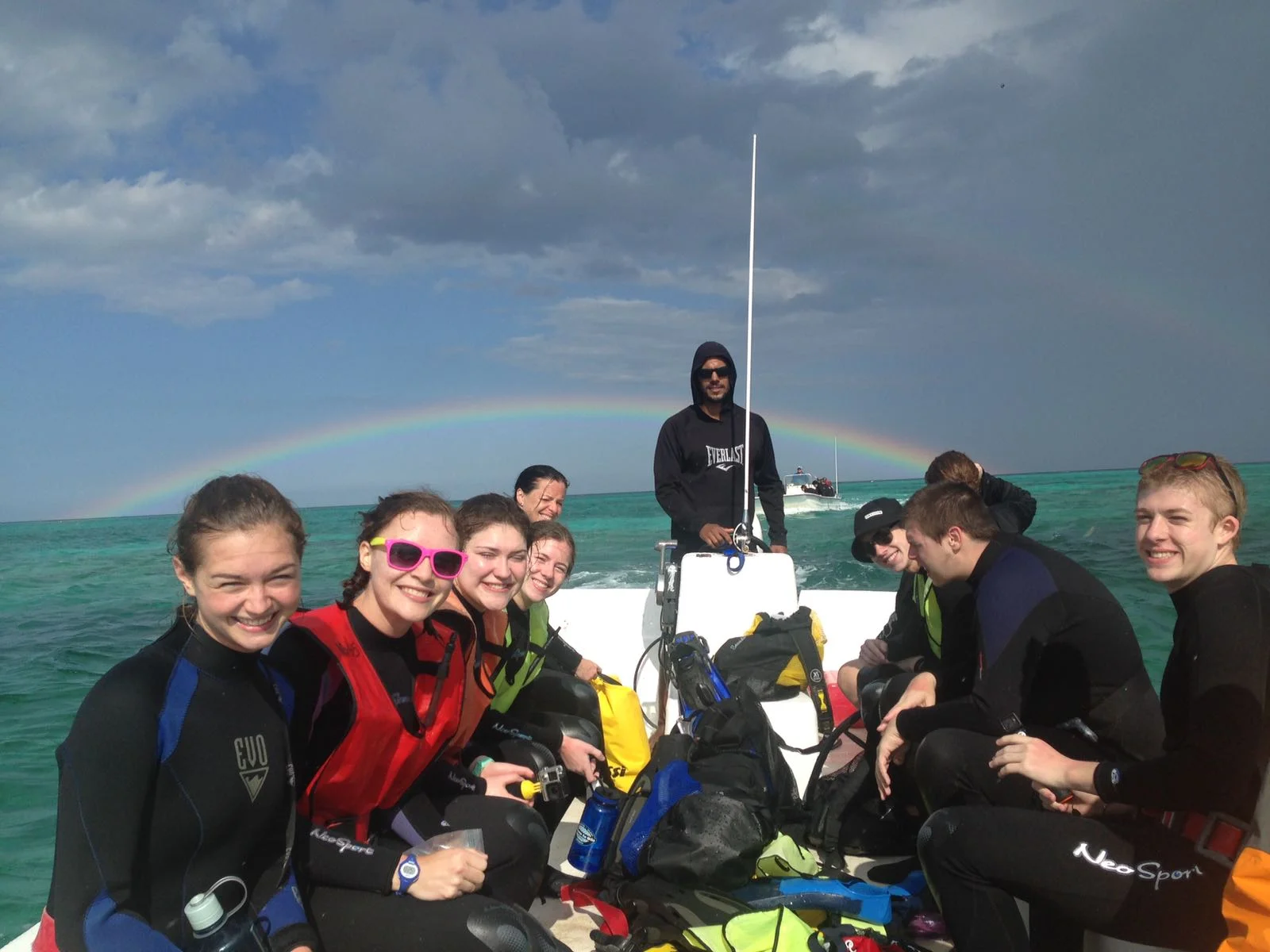Before you visit Andros, it’s important to know about Ciguatera: a foodborne illness caused by eating fish that are contaminated by the ciguatera toxin. The concentrated toxin is often found in large reef fish such as barracuda, grouper, red snapper, moray eel, amberjack, parrotfish, hogfish, sturgeon fish, kingfish, coral trout, and sea bass. Ciguatera toxin accumulates in these fish as they consume smaller fish which feed on toxin producing algae (dinoflagellates).
Ciguatera toxin is harmless to fish but poisonous to humans. It is odorless and tasteless and cooking does not destroy the toxin. The symptoms from ingesting Ciguatera toxin are similar to other types of food poisoning and may consist of nausea, vomiting, diarrhea, muscle pain, numbness, tingling, abdominal pain, dizziness, and vertigo. There are over 50,000 reported cases of ciguatera poisoning each year but by following just two simple tips, you can nearly eliminate your chance of ingesting the toxin.
When visiting Andros Island:
Do NOT eat large reef fish that feed on smaller fish, especially if the fish weighs over 6 lbs. This is the safest way to not ingest the Ciguatera toxin. If you don’t eat the fish that accumulate the concentrated toxin, then you will not be at risk for Ciguatera poisoning.
If you decide to eat large reef fish, avoid the parts of the fish that concentrate the toxin: liver, intestines, roe, and head.






